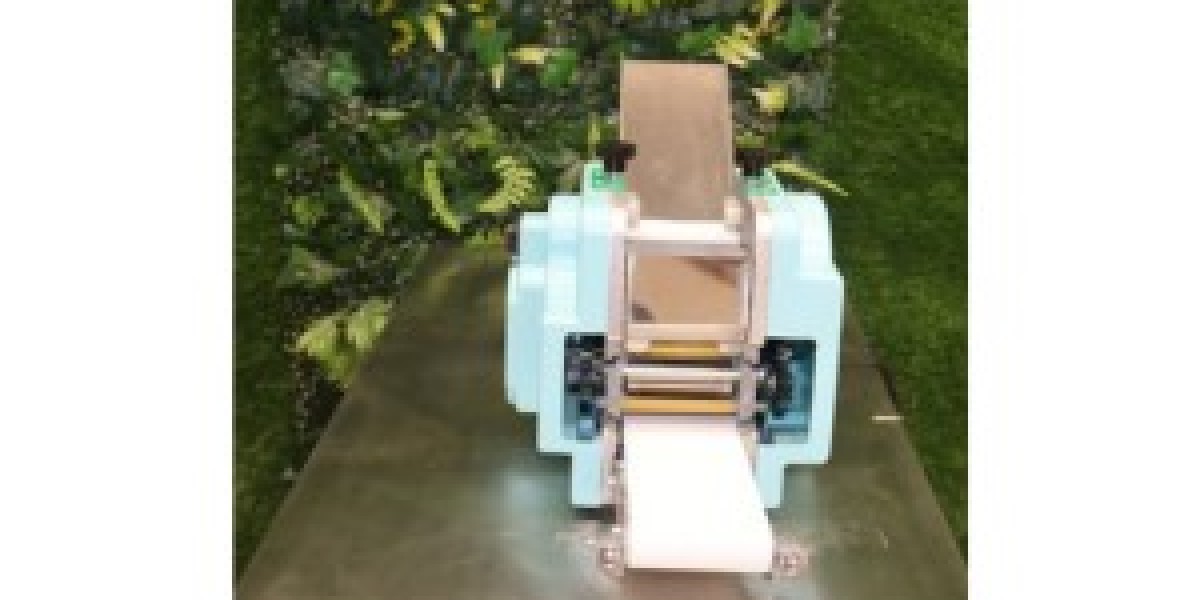Underground water leaks pose a significant challenge to property owners. Often hidden beneath the surface, they can lead to substantial financial and environmental consequences if left unaddressed. Underground leaks detection requires a combination of vigilance, knowledge, and advanced tools. This comprehensive guide explores the causes, signs, detection methods, and preventative measures for underground water leaks.
Why Underground Water Leaks Occur
Understanding the root causes of underground water leaks is the first step toward prevention. Common reasons include:
- Aging Infrastructure: Over time, pipes can corrode, weaken, or crack due to prolonged exposure to water and soil conditions.
- Shifting Soil and Ground Movement: Natural events such as earthquakes, heavy rainfall, or construction activities can shift the soil, putting stress on pipes and causing fractures.
- Tree Root Intrusion: Roots from nearby trees and shrubs can grow toward pipes in search of water, penetrating and damaging them.
- Poor Installation Practices: Substandard materials or improper installation can compromise the durability of underground plumbing systems.
- High Water Pressure: Excessive water pressure can strain pipes and lead to bursts or leaks over time.
Early Warning Signs of Underground Water Leaks
Detecting underground water leaks can be challenging, but being aware of the warning signs can help:
- Sudden Spike in Water Bills: Unexplained increases in your water bill might indicate a hidden leak.
- Damp or Muddy Areas: Consistently wet patches in your yard, especially during dry weather, may signal a leak.
- Unusual Plant Growth: Areas with lush, green vegetation compared to the surrounding landscape could be receiving extra water from a leak.
- Low Water Pressure: A noticeable decrease in water pressure can indicate a leak in the main water supply line.
- Unusual Sounds: Hissing, gurgling, or splashing noises near fixtures or walls may suggest water escaping from a pipe.
- Structural Damage: Cracks in your home’s foundation or paved areas could be a result of water undermining the soil.
Advanced Methods for Detecting Underground Water Leaks
. Modern technology has made it easier to locate underground leaks with minimal disruption. Here are some effective methods:
- Water Meter Test:
- Turn off all water appliances and fixtures.
- Record the water meter reading.
- Check the meter after a few hours; any change in the reading indicates a potential leak.
- Acoustic Listening Devices: These devices detect the sound of water escaping from pipes and are particularly useful for pinpointing the location of leaks.
- Thermal Imaging Cameras: Thermal imaging identifies temperature variations underground, helping to locate water leaks with precision.
- Ground Penetrating Radar (GPR): GPR can identify disruptions in the soil caused by leaking water, making it an excellent tool for non-invasive detection.
- Pressure Testing: A plumber can perform a pressure test to identify whether the system is losing water due to leaks.
- Tracer Gas Detection: A non-toxic gas is introduced into the pipe system, and specialized equipment detects where the gas escapes, identifying the leak’s location
Professional Leak Detection Services
While some detection methods can be performed by homeowners, hiring a professional offers several advantages:
- Expert Diagnosis: Trained professionals use advanced tools to accurately locate leaks.
- Minimal Damage: Modern techniques reduce the need for extensive excavation.
- Efficient Repairs: Professionals can address the issue promptly and prevent future leaks.
In areas like the Gold Coast, where underground water leaks can lead to severe consequences for both property owners and the environment, professional intervention is often the most reliable solution.
Consequences of Ignoring Underground Water Leaks
Failing to detect and repair underground water leaks can have serious repercussions, including:
- Increased Water Bills: Continuous water loss can lead to significantly higher utility costs.
- Structural Damage: Persistent leaks can weaken the foundation of your property, resulting in costly repairs.
- Mold and Mildew Growth: Excess moisture creates an ideal environment for mold, which poses health risks.
- Soil Erosion: Leaks can erode soil, leading to sinkholes or uneven ground.
- Environmental Impact: Wasting water contributes to resource depletion, particularly in areas with water scarcity.
Preventative Measures for Underground Water Leaks
Prevention is always better than cure. Here are some proactive steps to avoid underground water leaks:
- Regular Maintenance: Schedule routine inspections of your plumbing system to identify and address potential issues early.
- Monitor Water Usage: Use smart water meters to track consumption and detect anomalies promptly.
- Install High-Quality Pipes: Invest in durable, corrosion-resistant materials for your plumbing system.
- Control Water Pressure: Install pressure regulators to prevent excessive strain on pipes.
- Landscaping Considerations: Avoid planting trees or shrubs with aggressive root systems near underground pipes.
- Educate Residents: Ensure that everyone in the household is aware of the signs of leaks and the importance of reporting them immediately.
Conclusion
Underground water leaks can be a hidden threat to your property and the environment. By staying vigilant, utilizing modern detection methods, and seeking professional help, you can address leaks efficiently and prevent further damage. Protect your home, save water, and reduce costs by taking a proactive approach to underground water leak detection.



